Caring for your Vision
Eye Health and Safety
It goes without saying that most working roles depend upon on eyes in some capacity, while the quality of life we enjoy can be heavily impacted by vision impairment, eye conditions and injury.
Caring for your vision should be paramount, but too often failure to do so results in preventable tragedies and health complaints that could have been averted under better circumstances. UK statistics show 2 million people have sight loss severe enough to be problematic on an everyday basis, 50% of which is preventable*1.
To help fight these worrying statistics, we’ve put together a list of key tips aimed at improving your eye Health and Safety.
Eye Health
The matter of eye health seems worth raising first due to the greater neglect it receives next to safety. Many might believe that deterioration of eye sight is simply down to poor luck, however there are plenty of simple ways to help prevent it.
Get a professional eye test every two years
Besides being important for identifying vision deterioration and prescribing glasses or contacts, regularly visiting an optometrist can also ensure underlying conditions such as high blood pressure and diabetes are detected early for treatment. As such it is strongly recommended that you get a professional eye test every two years, or more frequently if required.
Regulate use of Display Screen Equipment (DSE)
Computers, tablets and phones are ever more ubiquitous, even essential in today’s society and workplace. As such it can be easy to lose track of the time we spend staring at screens.
To minimize eye strain, it’s important to regulate use of Display Screen Equipment (DSE); taking short, regular breaks is typically more beneficial than irregular long ones so try looking away intermittently to focus on a distant object and perhaps close your eyes for a minute. Additionally, make sure the surrounding room is well lit without creating reflected screen glare.
Being aware of eye strain symptoms can warn you when you are spending too long using DSE. If you develop an itching or twitching sensation in the eye area, headaches or find you can’t focus easily on details then it’s time for a break.
Find more ideas for heathy working habits.
Maintaining a balanced diet
Maintaining a balanced diet may not be the first thing people think of in relation to eye care, however healthy foods do play a part in fighting eye disease.
Fish containing omega-3 fats, vegetables such as spinach, fruits and any other foods rich in vitamins A, C and E can all help contribute to healthier eyes.
You can find more ideas about healthy eating habits.
Unhealthy habits
Some of you with a darker sense of humour might have chuckled about this one, but there are ACTUAL unhealthy habits which can cause eye disease; most notably smoking.
There is a proven connection between smoking and eye diseases including cataracts and macular degeneration in old age. You can find some great advice here, if you are a smoker looking to quit.
Eye Safety
Taking long-term care of eye health is important, however there are also a variety of immediate risks to eye safety worth being mindful of.
Powered tools
Whether it be home improvement DIY or a day-to-day job in industry, powered tools present a substantial risk to our eyes as their movements can fling out materials at alarmingly high speeds.
If you’re using a power drill, saw, sander or cutter then PPE such as safety goggles or glasses are essential; just make sure they fit correctly and are compliant with regulation, providing impact resistant protection with polycarbonate lenses being the best example.
Out in the sun
Obvious to many but important nonetheless, protecting your eyes from the sun on a clear day is always a good idea.
First and foremost, NEVER look directly into the sun since even a momentary stare could cause permanent damage. A hat with a brim over the eyes isn’t a bad idea, sunglasses are even better; just make sure they comply with standards to offer adequate protection. In the UK this will be shown with a Kitemark or ‘CE’ mark indicating they provide functional protection from UV light.
Want to find out more, check out our dedicated blog about protecting yourself from the sun.
Household chemicals
A danger many fail to acknowledge, everyday products used around the household have the capacity to cause severe eye damage.
Household chemicals such as bleach, washing detergents and cleaning sprays should be handled with an appropriate level of care; use rubber gloves and administer them at arm’s length from the face, being wary of splash back from surfaces.
In the event you do get any harmful chemicals in your eye – even in small amounts – it is essential you act quickly, washing it out thoroughly with clean water or ideally an eye wash kit. If irritation persists following this, don’t hesitate to seek medical advice immediately.
Injuries while gardening or out in the woods
While beautiful, nature is also cruel. Something underlined by the scores of people who suffer eye injuries while gardening or out in the woods.
Whether you’re scrambling by a tree or pruning vegetation; twigs, branches and thorns can result in unexpected accidents with eyes being one of our most vulnerable areas. The effects can be worse still when branches pushed aside spring back at us with force. As with the previous point sunglasses can be a help here for basic protection with specialist safety glasses being particularly ideal.
Man made facets of gardening can be equally problematic too, if you use canes to support plants consider highlighting them with something bright at the ends to avoid walking into them.
Sports
Recreational activity doesn’t necessarily scream danger, however there are a few risks to be aware of all the same.
Any game involving a smaller ball presents a substantial risk to your eyes. Squash is often highlighted for this as the ball is smaller than an eye socket, so safety glasses are once again strongly recommended. Similarly, golf has the same problem, with the best solution to control risk being standing some distance behind anyone taking a shot.
Less obviously swimming has some eye risks too; contact lenses should NEVER be worn during water activities and while goggles may protect your eyes ensure they aren’t too tight to the point of causing eye pain.
Your Vision Matters
Your vision matters, that’s why it’s important to acknowledge the relative vulnerability of our eyes and consequences of even a moderate injury.
Sight can be lost in a tragic moment or gradually decline through negligence, either way learning how to look after your eyes can make all the difference. Your best bet is to get in the know ASAP and keep them peeled for risks.
Owen Roach
*1 visionmatters.org.uk

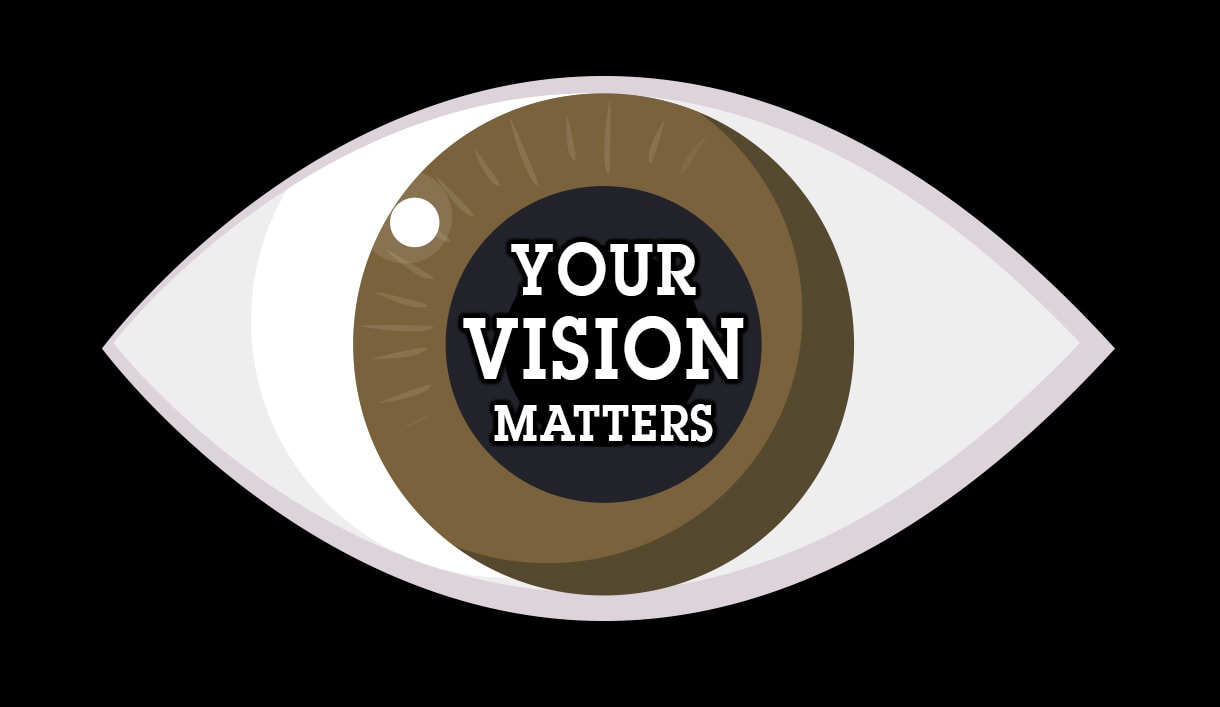


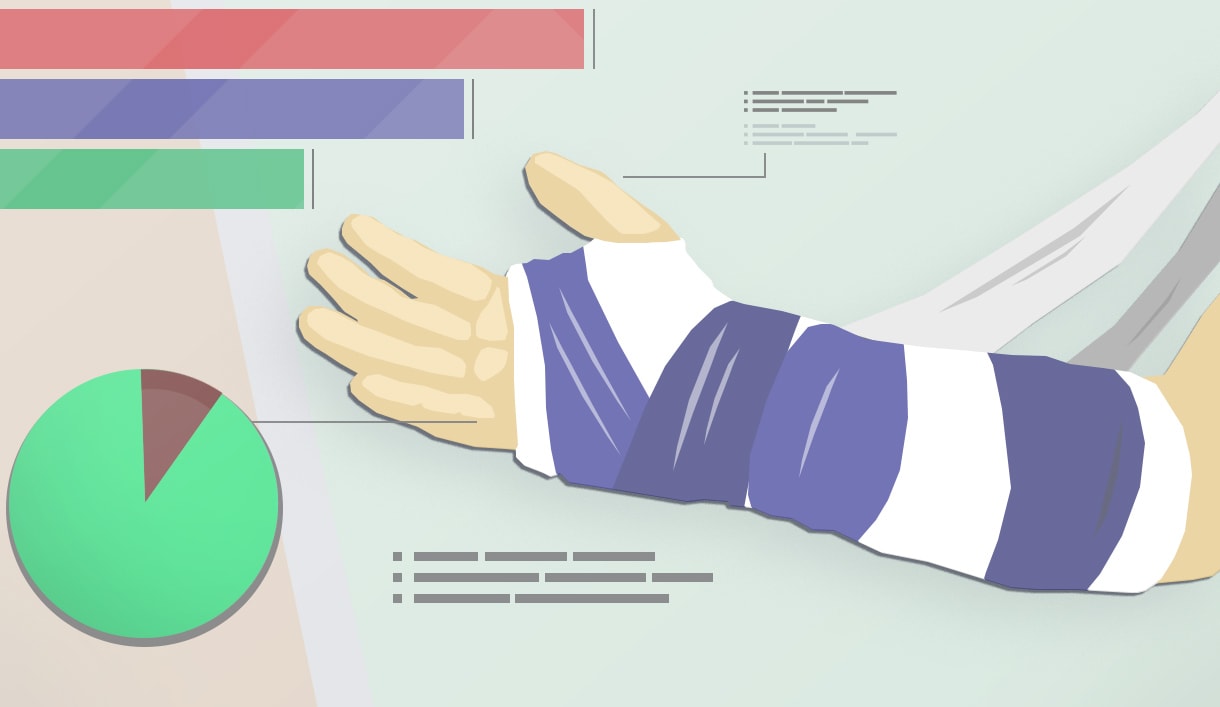

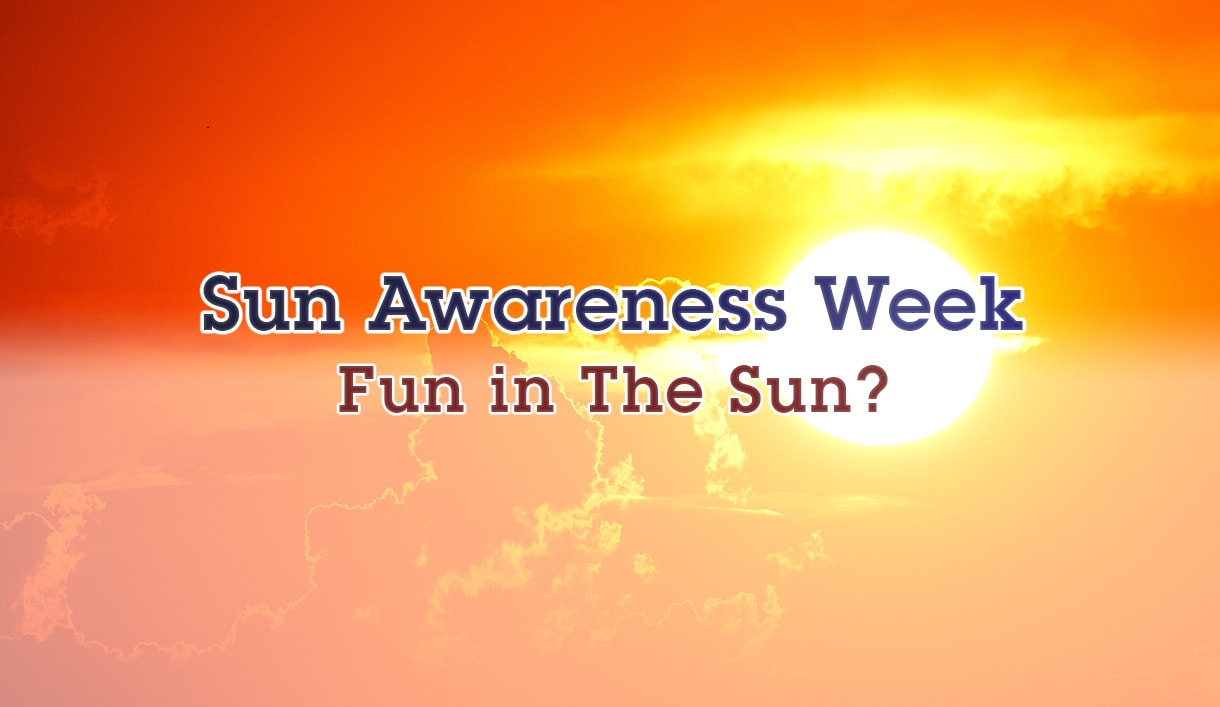
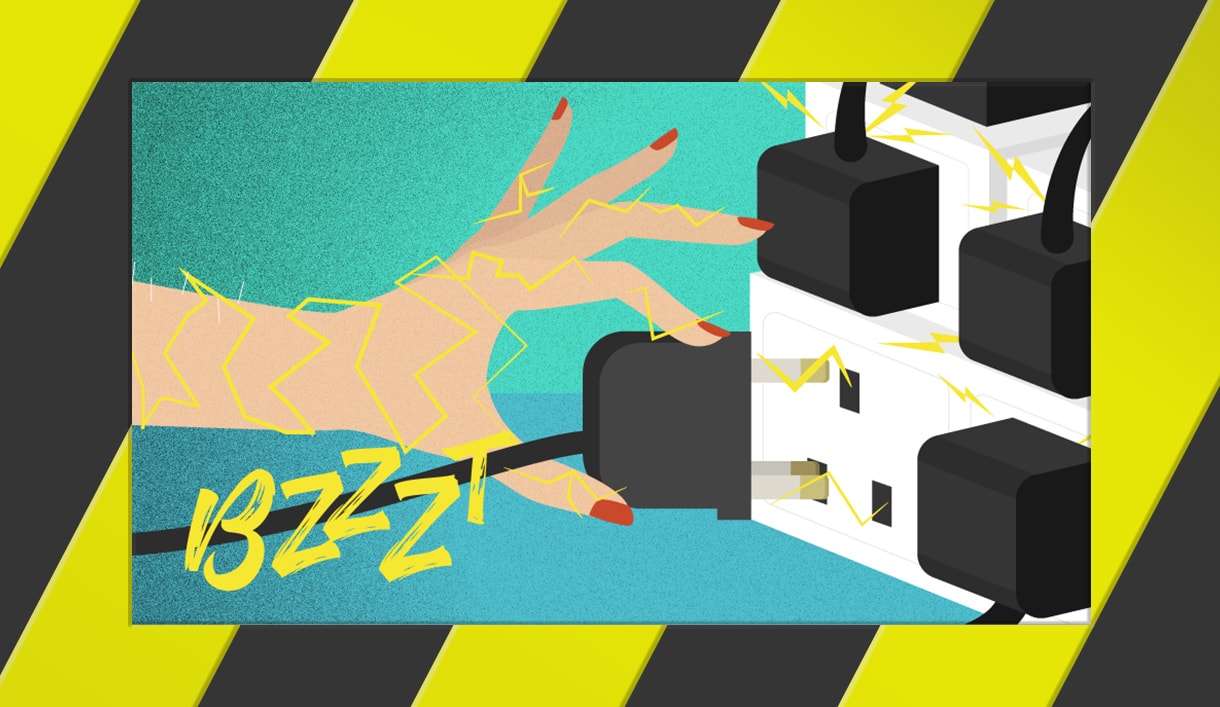
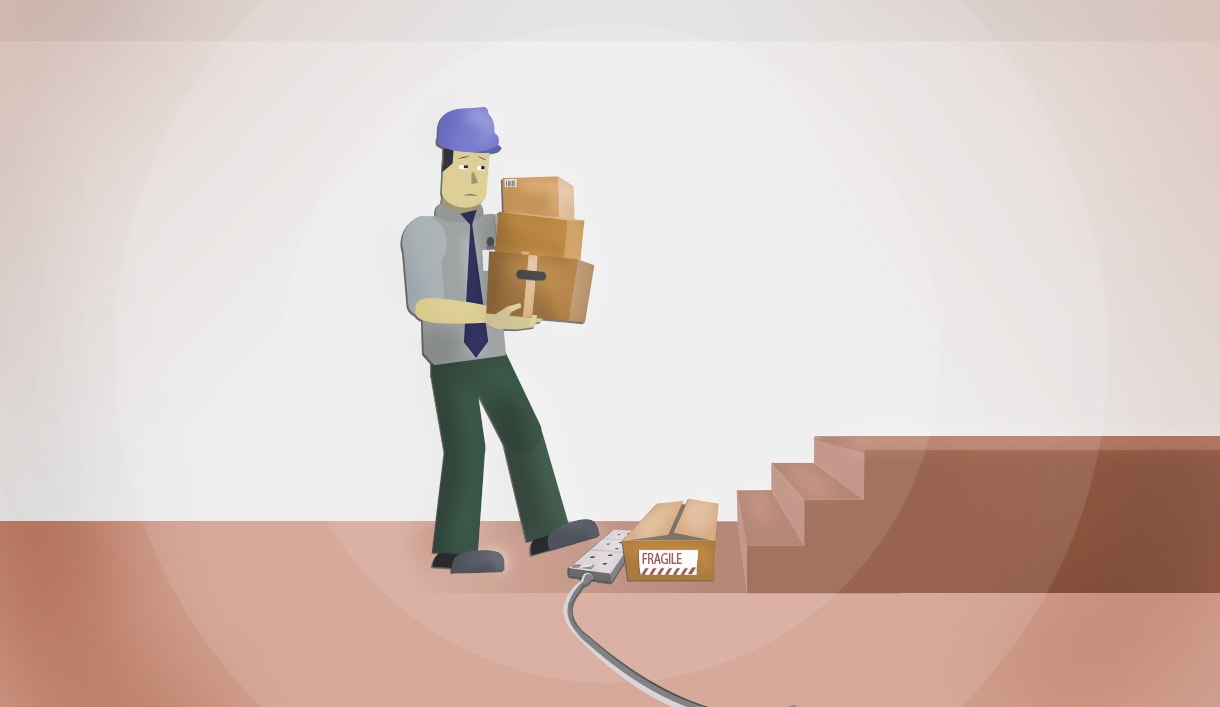
Leave a Reply
Want to join the discussion?Feel free to contribute!